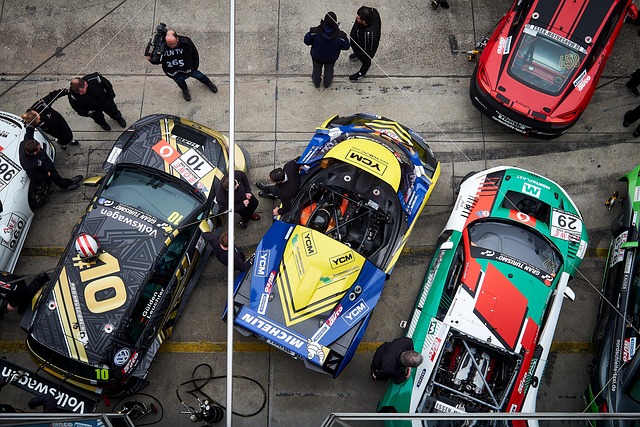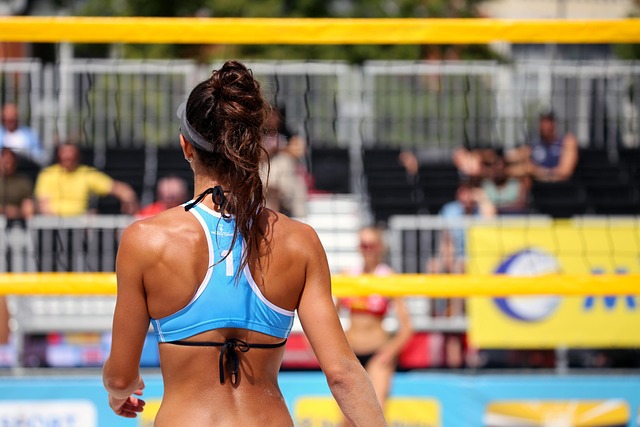Mastering the Game: A Deep Dive into Team Methodology in eSports
In the dynamic world of eSports, the thrill of competition often transcends individual skill. Team methodology plays a pivotal role that can make or break a squad’s performance. As gamers, we thrive on the adrenaline of head-to-head matches, but understanding the deeper strategies that govern successful teams can elevate our appreciation of the sport.
The Foundation of Team Methodology
At the heart of any successful eSports team lies a clear and effective team methodology. This framework includes the roles each player undertakes, the communication strategies they employ, and the synergy that develops over countless hours of practice. In games like League of Legends and Dota 2, where teamwork is critical, developing a strong methodology is akin to building the foundation of a great fortress.
The Role of Communication
Effective communication can be the silent hero of eSports. Players need to relay important information rapidly without succumbing to chaos during intense matches. Teams that master verbal and non-verbal cues often find themselves a step ahead of their opponents. Discord channels, in-game pings, and strategic callouts are just a few essential tools that can enhance a team’s performance and coordination.
Understanding Roles and Responsibilities
Each player in a team has a designated role that aligns with their strengths and playstyle. This understanding goes beyond mere title; it encompasses the responsibilities and expectations that each member must fulfill for the team to operate harmoniously. Whether you’re a tank, support, or carry player, acknowledging your place in the overall strategy is vital for the collective success.
Practice Makes Perfect
Regular practice sessions are essential for honing team methodology. Just as athletes adhere to rigorous training schedules, eSports teams must also invest time in refining their strategies, communicating effectively, and building team dynamics. Scrims (or scrimmages) against other teams allow players to experiment with different methodologies and develop synergy with their teammates. This iterative process nurtures trust and understanding, critical elements for high-stakes tournaments.
The Importance of Adaptability
The landscape of eSports is ever-evolving, with game meta shifts and patches that require teams to adjust their strategies continuously. A flexible team methodology allows squads to adapt quickly to unforeseen circumstances, turning potential setbacks into triumphant victories. The ability to pivot on the fly can be the difference between being a champion or merely a contender, highlighting the value of a versatile approach to teamwork.
Crisis Management and Team Dynamics
In the high-pressure environment of competitive gaming, conflicts may arise. Effective teams must develop methodologies that address these moments of crisis. Whether it’s a miscommunication during a match or strategic disagreements during practice, nurturing a culture of respect and openness can lead to overcoming challenges and strengthening the bonds within the team. A solid foundation of emotional intelligence often translates into better performance in the virtual arena.
Celebrating Achievements Together
Finally, a key aspect of any successful team methodology is recognizing and celebrating achievements, both big and small. This not only reinforces positive behaviors but also fosters a supportive atmosphere. After all, eSports isn’t just about individual accolades; it’s about building a legacy together, whether it’s through winning a tournament or simply improving from one match to the next.
In the competitive world of eSports, mastering team methodology is a journey that requires dedication, teamwork, and a passion for gaming. Understanding and implementing these elements can unlock new levels of success for any team striving to rise above the competition.




